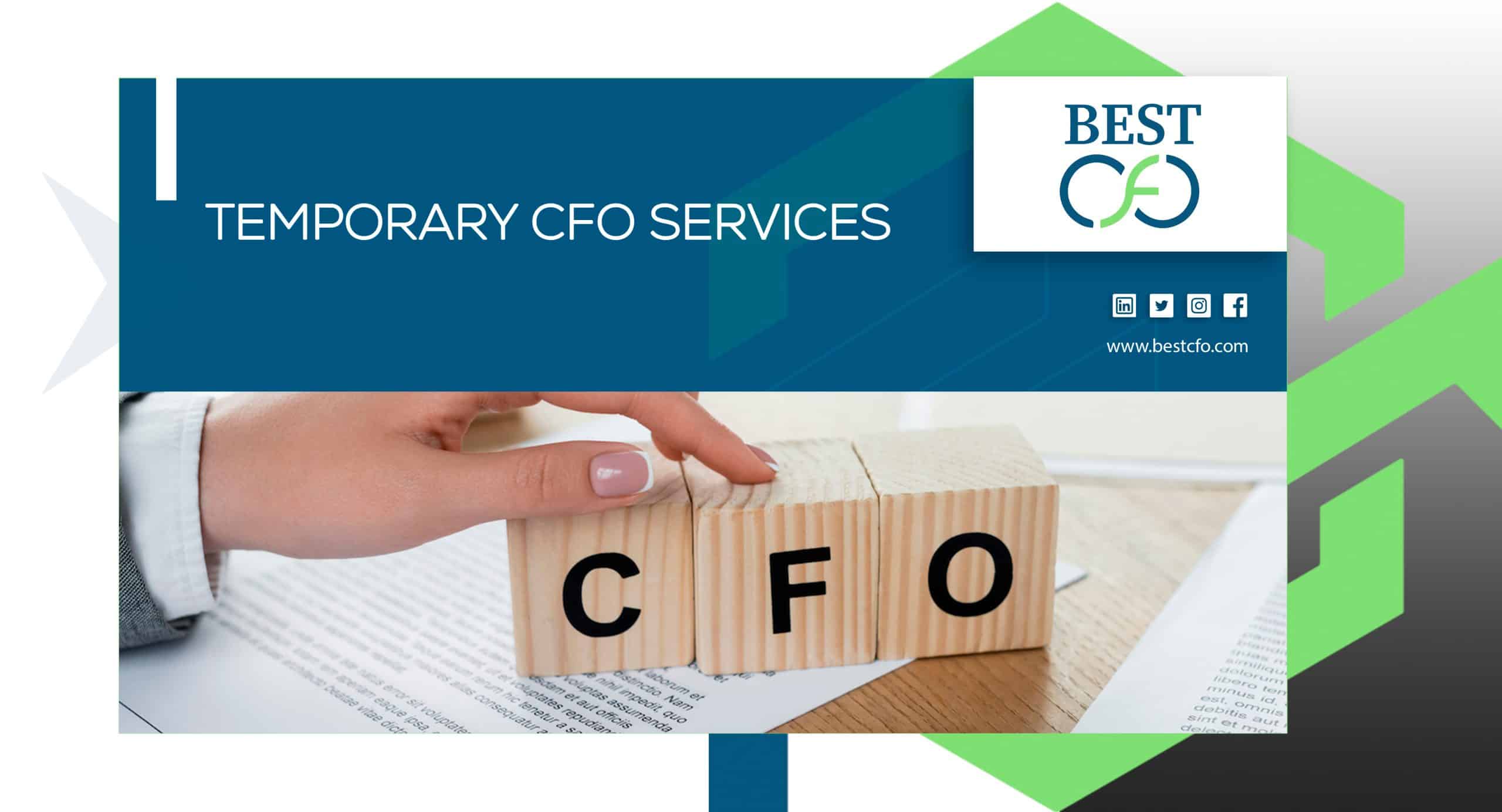
|
Getting your Trinity Audio player ready...
|
Is It Illegal to Pay Personal Expenses from a Business Account of an LLC?
When you start a Limited Liability Company (LLC), one of the most important principles is separating business expenses from personal expenses. Yet, many small business owners and entrepreneurs often ask: Is it illegal to pay personal expenses from a business account of an LLC? The short answer is — yes, it’s a serious problem with legal, financial, and tax consequences.
In this blog, we’ll break down exactly why this is risky, how it affects financial accounting, what the IRS (Internal Revenue Service) says about it, and why smart business owners avoid commingling funds. We’ll also link to valuable resources like BestCFO’s blogs for deeper financial strategy insights.
What Happens When You Mix Personal and Business Funds in an LLC?
Let’s start with a fact: LLCs are designed to provide a legal separation between you and your business. That separation is key to protecting your personal assets through what’s called the corporate veil. If you break this separation by using your business debit card or business credit card for personal expenses, you expose yourself to:
- Legal Liability
- IRS audits
- Loss of tax deductions
- Financial record-keeping complications
- Penalties and interest
Commingling funds makes it hard to distinguish your business operations from your personal finances — which can lead to piercing the corporate veil, meaning creditors or courts can go after your personal assets.
Why is This Such a Big Deal for the IRS?
The Internal Revenue Service (IRS) requires accurate financial statements for tax and compliance purposes. Mixing personal expenses with business accounts not only confuses your financial accounting but could result in:
- Improper tax deductions
- Fraud investigations
- Hefty fines and penalties
If you’re audited and can’t provide clear, separate expense reports, receipts, and invoices, your business could face serious legal trouble.
Risks and Consequences of Paying Personal Expenses from an LLC Account
Here’s what can happen when you use your LLC business account for personal reasons:
- Piercing the Corporate Veil
If you don’t maintain proper separation, a court can pierce the corporate veil in a lawsuit — leaving your personal assets like your home, car, and savings vulnerable to business debts or legal claims.
- IRS Audits
Audit risks skyrocket if you commingle funds. The IRS requires accurate financial records, and mixing expenses makes it nearly impossible to track business expenses properly.
- Loss of Asset Protection
The primary advantage of forming an LLC is asset protection. Mixing expenses compromises this shield and invites legal issues.
- Inaccurate Financial Statements
Failing to track expenses separately results in flawed financial statements, leading to poor business decisions, flawed loan applications, and inaccurate business valuation.
- Complicated Bookkeeping and Tax Filing
Bookkeeping errors increase when personal and business transactions aren’t clearly divided. This makes financial planning, audits, and financial reporting regulations compliance far more difficult.
Best Practices for Keeping Business and Personal Expenses Separate
To stay on the safe side — and legally compliant — follow these smart practices:
- Separate Bank Accounts
Open dedicated bank accounts for your LLC to avoid commingling funds.

- Use Business-Only Debit and Credit Cards
A business debit card and business credit card ensure that all expenses are traceable to your LLC.
- Keep Detailed Financial Records
Maintain clear expense reports, receipts, invoices, and use reliable expense tracking systems.
- Reimburse Yourself Properly
If you need to use personal funds for the business, document the expense and process it as a reimbursement through your accounting system.
- Consult Professional Advisors
Use professional accountants and lawyers for compliance guidance — like those recommended on BestCFO’s blogs.
How an LLC Should Pay for Personal Expenses (If Necessary)
If for any reason you need to use business funds for personal purposes:
- Issue yourself an owner’s draw or salary.
- Properly record this transaction in your financial accounting system.
- Pay personal expenses from your personal account.
This preserves your corporate structure and protects your asset protection benefits.
Real-Life Example: How This Mistake Destroys Businesses
Let’s say a small business owner uses their LLC’s business debit card to buy personal groceries.
Later, they apply for a loan application or are involved in a legal dispute. A court finds these commingled funds and pierces the corporate veil — making the owner personally liable for the business’s debt.
What’s worse? During a tax audit, the IRS finds these improper tax deductions, leading to penalties, interest, and back taxes.
Business Expenses, Legal Compliance & Best CFO Advice
If you’re wondering how to avoid these risks, manage your business expenses wisely, and maintain strong financial health, check out this great resource on BestCFO’s blogs for strategic business and financial management advice.
FAQs
Q1: Can I pay myself with my business account?
Yes, through an owner’s draw or salary, depending on your corporate structure. Always record these properly.
Q2: What is the penalty for mixing personal and business expenses?
You could face IRS audits, loss of asset protection, legal liability, and financial penalties.
Q3: Can I deduct personal expenses paid through my business account?
No. Only legitimate business expenses qualify for tax deductions.
Q4: What’s the safest way to track business expenses?
Use a dedicated business credit card, separate bank accounts, and reliable expense tracking systems.
Q5: Where can I learn more about legal business expense management?
Visit BestCFO’s blogs for expert guides on business expenses, compliance, and financial health.
Final Thoughts
So — is it illegal to pay personal expenses from a business account of an LLC?
Yes, and it’s far more dangerous than most business owners realize. From IRS audits to legal liability and the risk of piercing the corporate veil, the consequences are severe.
Maintaining clear separation between business expenses and personal expenses, using dedicated bank accounts, and proper financial record keeping is vital for protecting your business operations, asset protection, and financial future.
For deeper strategies and real-world advice on expense tracking, legal liability, and LLC best practices, explore BestCFO’s blogs — your financial edge starts with the right knowledge.
-
Previous Post
What Are the Two Portions of the Profit Margin Equation?
Post a comment Cancel reply
Related Posts
What Are the Two Portions of the Profit Margin Equation?
Gross Margin vs Gross Profit: Profit Margin & How to Calculate When running a business…
Top 7 Reasons Your Business Should Get a Financial Audit
Gross Margin vs Gross Profit: Profit Margin & How to Calculate When running a business…
Partnership vs Sole Proprietorship: Understanding The Key Differences
Gross Margin vs Gross Profit: Profit Margin & How to Calculate When running a business…
 Demos
Demos  Colors
Colors  Docs
Docs  Support
Support 








